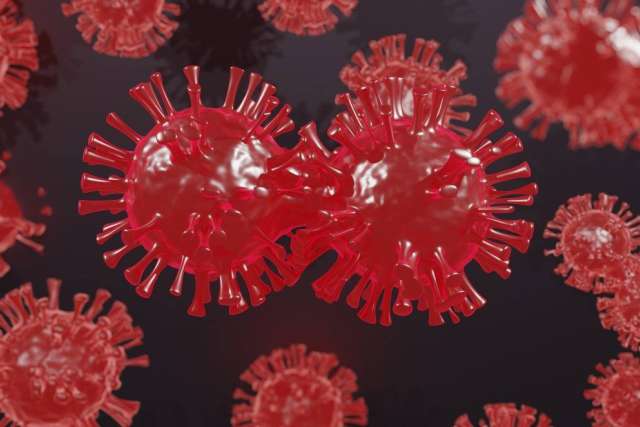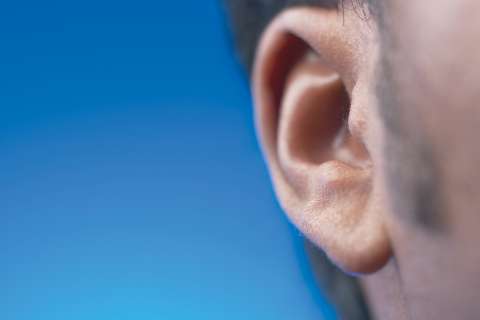Hello, dear readers, and welcome back to our ongoing discussion of the coronavirus. Your questions on the topic continue to fill our inboxes, and we’ll keep doing our best to provide you with the most recent information.
-- A number of you have asked about the virus variants arising in different parts of the world. The majority of your questions focus on how and why this is happening, how we even know it’s happening and what it means for the future.
We’ll start our answer with the fact that all viruses are constantly changing. The genetic variations that emerge as they replicate play a significant role in making viruses such successful organisms. As part of COVID-19 monitoring, samples from positive coronavirus tests throughout the world undergo genomic sequencing. This is a process that decodes the genetic blueprint of the virus. Some changes to the virus are fleeting. They appear only a few times and then vanish.
When a particular mutation is seen repeatedly, however, it is known as a virus variant. And when a variant affects viral behavior, including how the virus spreads or how it responds to treatment, it becomes a subject of intense study. Several variants are now being monitored in the United States, and drug manufacturers are responding. Phase 1 clinical trials for coronavirus vaccines that address a common variant are already underway.
-- Another question that continues to crop up is from people who want to get the coronavirus vaccine, but are also in the process of getting vaccinated against shingles. Previously, the advice had been to build in a buffer period of at least 14 days before and after the coronavirus vaccine and any other vaccinations. This was out of an abundance of caution. Now enough data has been collected and there is a much better understanding of both the safety and efficacy of the COVID-19 vaccines. The updated guidance is that no waiting period is needed. The COVID-19 vaccines and other vaccines may be safely administered without regard to timing. To be clear, the 14-day buffer period is not needed.

-- And finally, the topic of booster shots. A booster shot is an additional dose of a vaccine, which, as the name suggests, boosts existing immunity. Several vaccines, including those for tetanus, diphtheria, pertussis -- also known as Tdap -- rely on regular boosters to maintain immunity.
Because the vaccines against the coronavirus are so new, the length of the protection that they confer is not yet clear. That means booster shots may be needed. It’s possible that the earliest wave of people who received a coronavirus vaccine will be advised to get booster shots this fall.
Safety guidelines now state that people who are fully vaccinated can resume activities without masks or physical distancing. It’s important to note that federal, state and local laws vary on this issue. So does guidance in local businesses and in the workplace. And whether or not you’re vaccinated, if you begin to experience any coronavirus symptoms, it’s important to get tested immediately.
(Send your questions to [email protected], or write: Ask the Doctors, c/o UCLA Health Sciences Media Relations, 10880 Wilshire Blvd., Suite 1450, Los Angeles, CA, 90024. Owing to the volume of mail, personal replies cannot be provided.)





